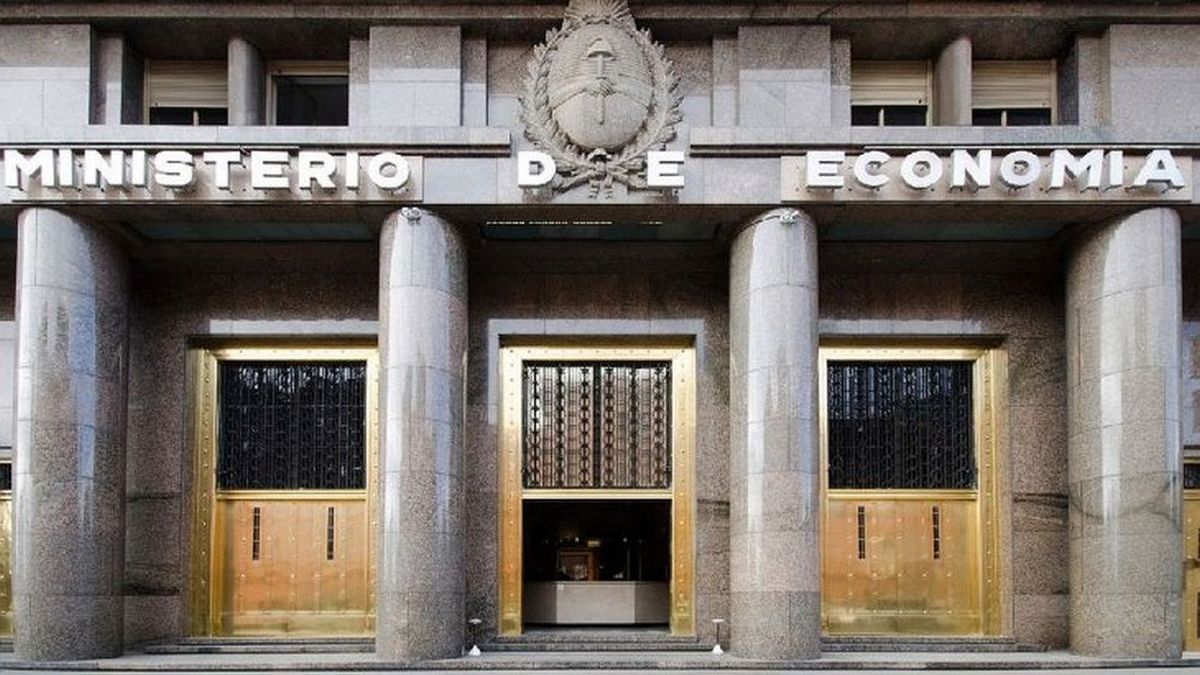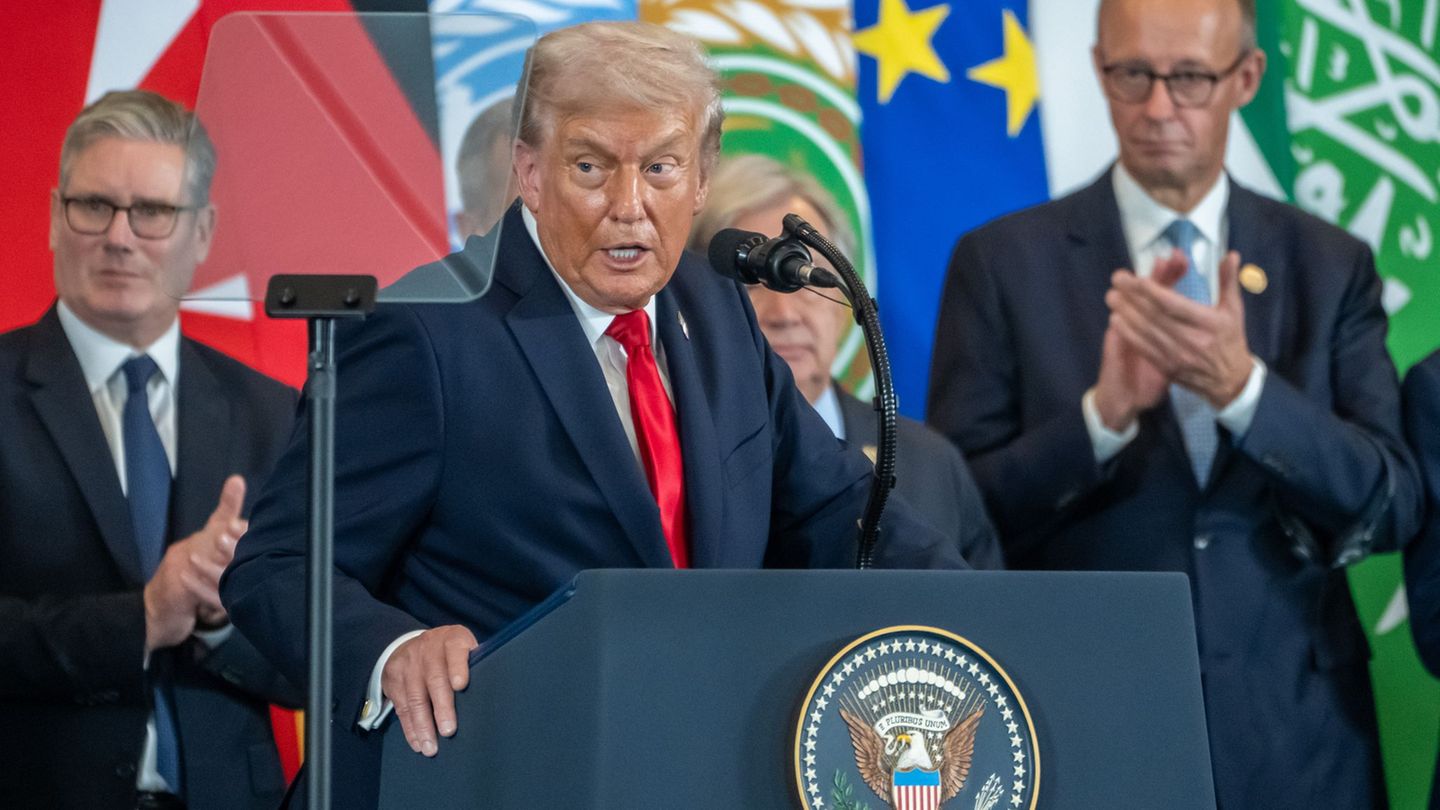The Government works on the 2024 budget bill The deadline for its presentation in Congress is September 15 . In the last hours, the Vice Minister of Economy, gabriel rubinsteinanticipated in a talk at the Torcuato Di Tella University that forecast a “robust” surplus for next year and assured that the most difficult thing will not be to achieve that objective but to “maintain it over time.”
Official sources anticipated Ambit that in addition, a “reprint” will be sent to parliament to discuss the tax expenditure. In addition, Rubinstein assured that there is an idea of ”relaxing exchange restrictions” with the extra US$45 billion that will enter.
Faced with what they define as a series of negative shocks at the “political and economic” level, in the Ministry of Economy seek an anchor for expectations. Hours before the primary elections from the portfolio they spread the agenda that Sergio Massa would cover in the days following the PASO. Among those points, the work with the Ministry of Finance and other areas for the preparation of a budget with “zero deficit” stood out.
This postulate already exceeds the pattern of a negative result of 0.9% of GDP that had been agreed with the Monetary Fund for next year. But in the last hours, the secretary of Economic Policy raised the ante and assured that he is working on a road map with a “robust fiscal surplus” by 2024. “It is the necessary, although not sufficient, basis for any stabilization policy,” he said. the official.
Official sources anticipated Ambit that the Government evaluates, as it did last year, to send a “separate” to parliament to analyze the tax expenses that bring together all the tax reductions and that end up reducing the collection. According to an official close to Massa, these exemptions as a whole amount to approximately 4.5% of GDP.
In a panel organized by the Torcuato Di Tella University, in which he participated together with the deputy and economic reference of Patricia Bullrich, Luciano Laspina. Rubinstein predicted an auspicious 2024 “with US$45,000 million more”. He was even encouraged to anticipate that with that scenario and, if the fiscal surplus is reached, “a series of restrictions on the exchange rate can be relaxed.”
For the economist and director of EPyCA consultants, Martin Kalosa 2024 budget with a surplus “is viable, as long as there is political will and a certain consensus can be generated”, since “it is necessary to choose where expenses are cut and where revenue is expected to be recovered and then a tariff system will have to be defined that be sustainable because the current one has improved but it still isn’t.”
Economists agree that Argentina will recover in 2024 income that this year did not have as a result of the drought. Not only in terms of withholdings but also in taxes linked to internal activity in different sectors: logistics, inputs, agricultural machinery, among others. Although the owner of the consulting firm Analytica, Ricardo Delgadoestimated that “it will be difficult to have a primary surplus without spending adjustments.”
Rubinstein stressed that achieving a fiscal surplus is not complicated and said that the most difficult thing is “maintaining it over time.” In this line, he returned to the experience of the years 2002, 2003, 2004 and 2005, as a virtuous example of an orderly macro, with a single exchange rate, without price controls, with low inflation and almost without minimum limitations to the purchase of dollars: “It was achieved with Néstor Kirchner,” he pointed out.
Consulted on the matter, The official maintained that “the exchange rate unification and the exit from the stocks must be done as quickly as possible considering as a restriction that the reversal risks are very low”. In this sense, he argued: “If we remove the stocks and after a year restrictions are placed again, we will have done things wrong, the institutional wear and tear and frustration will accentuate.”
Despite the political noise and uncertainty of these hours, there seems to be a certain consensus among different spaces on the idea that fiscal balance should be a pillar of any stabilization attempt. This was remarked by Laspina on the same panel, this is what former minister Hernán Lacunza told Ámbito weeks ago at an event organized by IDEA and Javier Milei also vociferates it in a somewhat more aggressive tone, when he promotes his “chainsaw” plan. The open question is whether legislators from all parties will show the same enthusiasm when it comes to debating the “reprint”.
Source: Ambito




